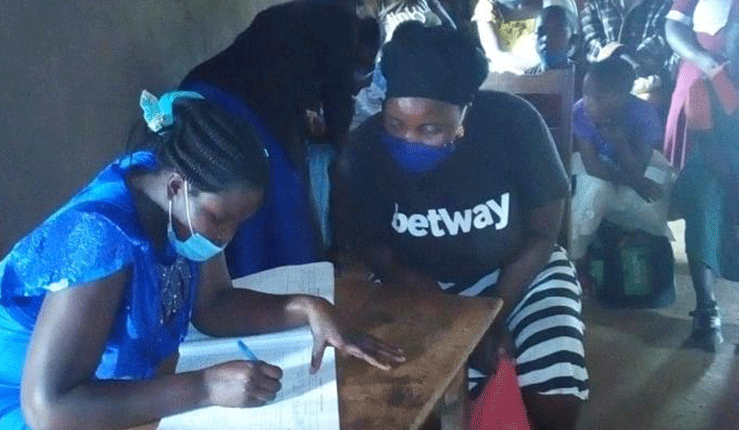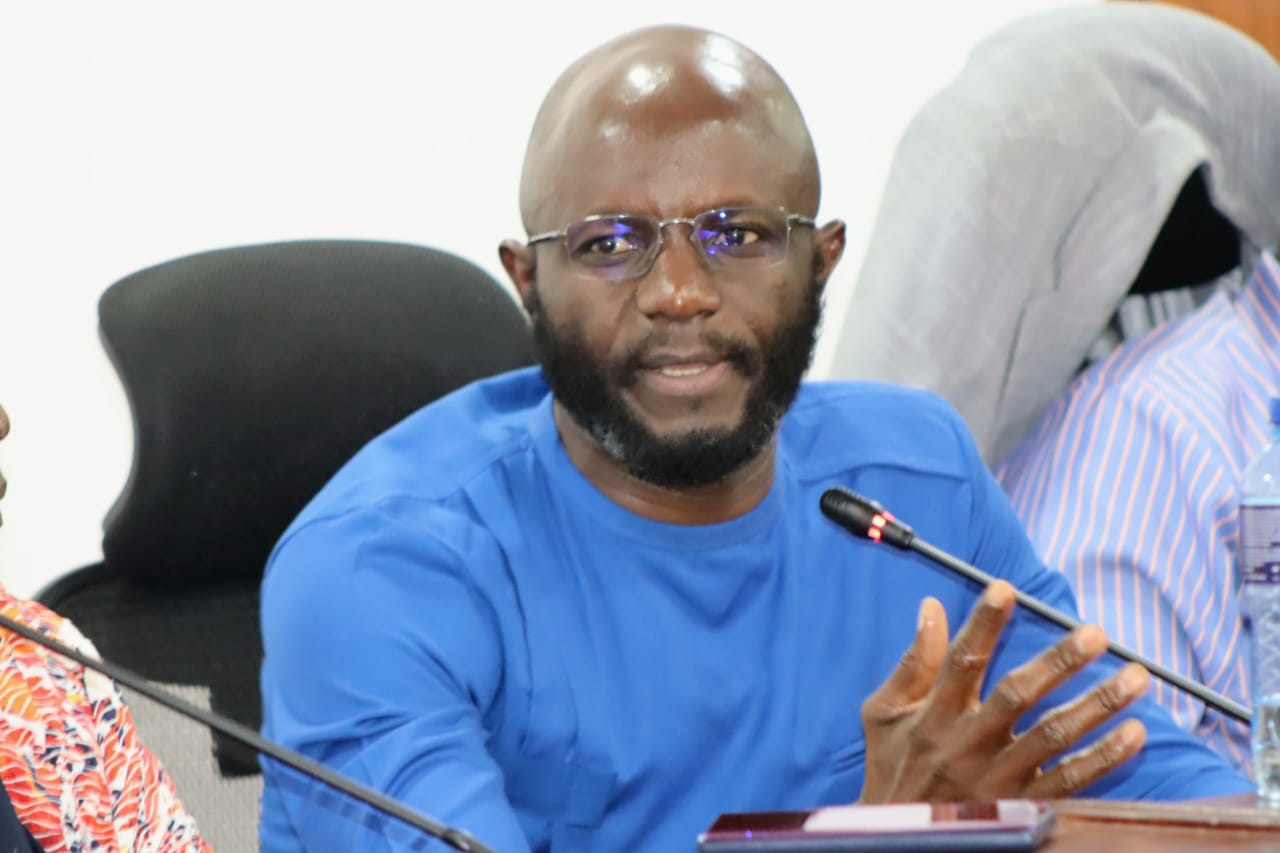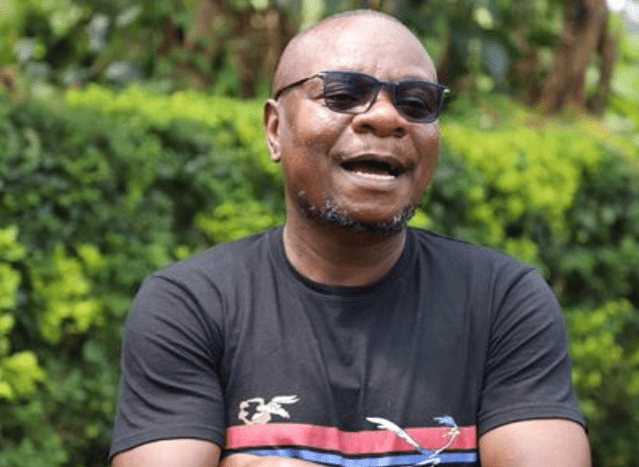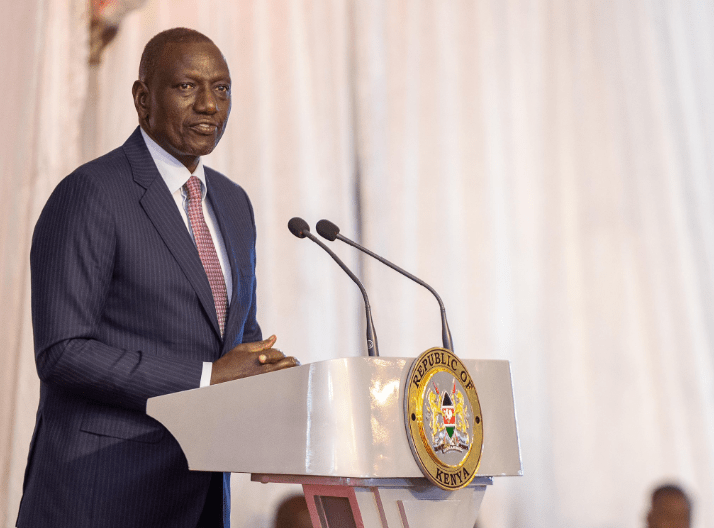Fear fuels TB resistance in Kakamega, Bungoma

by Douglas Dindi
Tuberclosis (TB) infections and number of patients transiting from Drug Sensitive (DS) strains to Drug Resistance (DR) ones increased by 50 per cent in 2020 in counties of Kakamega and Bungoma in the past two years.
A 24-month TB situation surveillance report for the two counties showed the rise in cases was fuelled by fear. On one hand, medics were afraid to come into contact with Covid-19 patients and on the other, TB patients feared that treatment sessions at ‘infested’ hospital would be fatal.
Komesha TB, a civil rights advocacy group, says Kakamega and Bungoma counties are not out of the woods yet.
TB programme coordinator for Western Kenya Hazel Oyungu says TB resistant levels remain high catalysed by a tendency of patients skipping treatment under the pretext of coronavirus disruptions.
Kakamega county reported a 50 per cent rise in 2020, with 24 more patients transiting from DSTB to DRTB treatment, compared to 16 patients in 2019. The situation was repeated in Bungoma, where 16 patients tested positive to DRTB last year.
The DRTB prevalence rate in Kakamega shows urban informal settlements are more ravaged than rural areas.
The informal settlements in Lurambi, Lugari, Likuyani, Mumias east, Mumias west, and Matungu sub-counties accounted for 17 patients out of the 24 who tested positive for DRTB strains.
A total of 1,987 TB cases were recorded last year in Kakamega county with the bulk of that number (1,248) having self-referred to hospitals.
Treating DSTB costs about Sh75,870 and for DRTB patients, the cost range between Sh1.5 million and Sh.2 million, with treatment spread across a 22-month cycle.
The upside in that TB treatment is free in public hospitals across the country.
Skipping treatment
Besides the fear of contracting Covid-19, the report by USAID, Komesha TB and the Ministry of Health indicated that intermittent strikes by health workers during the period and limited government funding of TB activities also contributed to the spike of cases.
“A simple cough on the waiting bay would trigger a stampede not only among patients on DSTB treatment, but also the medics. This made patients skip sessions for fear of contracting coronavirus.
The situation was worsened with reports of Covid-19-related deaths among health workers in hospitals,” Kakamega county TB coordinator Emily Vuguza told a TB situation workshop for media players from Kakamega and Bungoma counties early in the year.
She explained, “It appears many patients skipped treatment for fear they could contract coronavirus in hospitals or the health worker was not readily available to offer services when needed.”










